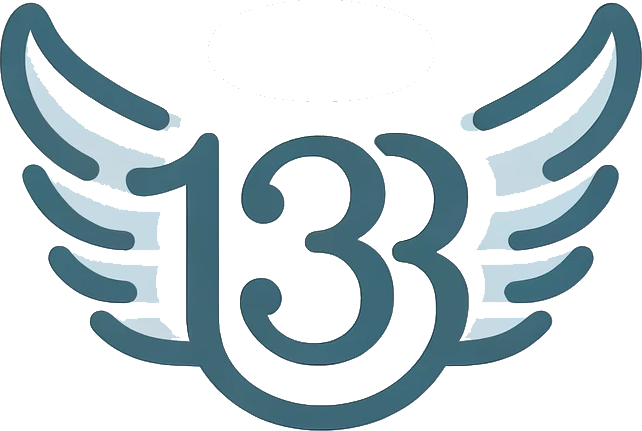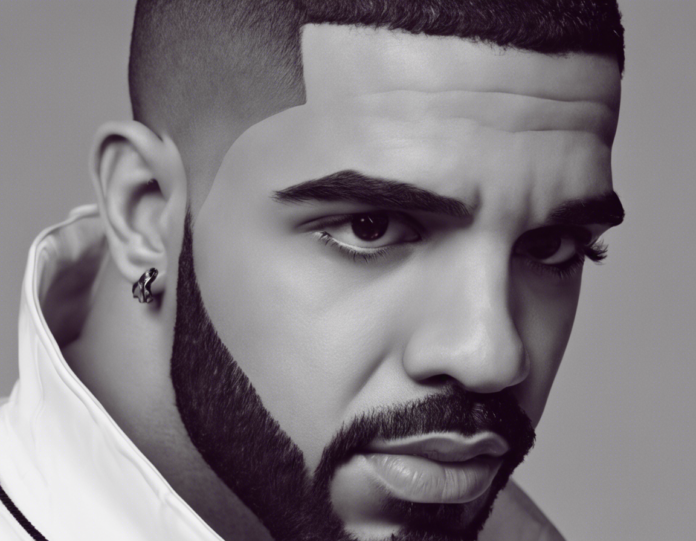Introduction
In the fast-paced world of the music industry, leaks of confidential information have become a common occurrence. Artists, producers, and record labels often face the challenge of keeping their projects under wraps before official release dates. One recent notable leak involved the Canadian rapper Drake, whose unreleased tracks and personal information were exposed to the public. This incident shed light on the vulnerabilities within the music industry and raised concerns about data security and privacy. In this article, we will delve into the Drake leak, its implications, and how it reflects broader issues within the industry.
The Drake Leak: What Happened?
In early 2021, multiple unreleased songs by Drake surfaced online, causing a frenzy among fans and industry insiders. These tracks, which were intended for future projects, were leaked without authorization, leaving the artist and his team scrambling to contain the breach. Alongside the music leak, personal information about Drake, including his address and contact details, also made its way onto the internet. This violation of privacy added another layer of complexity to an already troubling situation.
Implications for Artists and the Industry
The Drake leak underscored the risks that artists face in an era dominated by digital content and social media. Cybersecurity threats have become more sophisticated, making it challenging for individuals and organizations to safeguard their data. For musicians like Drake, who rely on maintaining a sense of mystery and control over their work, leaks can have a detrimental impact on their creative process and marketing strategies.
Furthermore, the Drake leak raised questions about trust and confidentiality within the music industry. Artists collaborate with a wide range of professionals, including producers, songwriters, and label executives, all of whom have access to sensitive material. When leaks occur, it not only damages the reputation of the artist but also erodes the trust that is essential for successful partnerships.
Addressing Security Concerns
In response to the Drake leak and similar incidents, the music industry has begun to take proactive measures to enhance security protocols and protect against data breaches. Artists and their teams are investing in encrypted communication channels and storage systems to minimize the risk of leaks. Additionally, NDAs (Non-Disclosure Agreements) are being implemented more rigorously to ensure that all parties involved in a project understand the importance of confidentiality.
Protecting Artistic Integrity
Beyond the technical aspects of cybersecurity, the Drake leak has prompted a broader conversation about the value of artistic integrity in a digital age. As music continues to be distributed through online platforms and streaming services, artists must find ways to preserve the integrity of their work and maintain a sense of authenticity in a landscape inundated with distractions and leaks.
Conclusion
The Drake leak serves as a cautionary tale for artists and industry professionals alike, highlighting the fragility of privacy and security in an interconnected world. As technology advances and cyber threats evolve, it is imperative that the music industry adapts to these changes and prioritizes the protection of creative assets. By learning from incidents like the Drake leak and implementing robust security measures, artists can continue to thrive in a landscape that thrives on innovation and creativity.
Frequently Asked Questions (FAQs)
1. How did the Drake leak impact his upcoming projects?
The leak of unreleased songs forced Drake to reevaluate his release plans and potentially alter the tracklist for his next album. It also raised concerns about maintaining the element of surprise for future releases.
2. Who is responsible for leaks in the music industry?
Leaks can occur at various stages of a project, from the recording studio to record label executives. Determining the source of a leak can be challenging, as multiple parties may have access to confidential material.
3. Are leaks a common occurrence in the music industry?
Unfortunately, leaks have become increasingly common due to the ease of sharing digital files and the demand for exclusive content. Artists and their teams must remain vigilant in protecting their work from unauthorized disclosure.
4. How can artists protect themselves from leaks?
Artists can protect themselves by working with trusted collaborators, implementing secure communication channels, and regularly auditing their data storage practices. It is also essential to educate team members about the importance of confidentiality.
5. What legal recourse do artists have in the event of a data leak?
In the event of a data leak, artists can pursue legal action against the responsible parties for breach of contract, copyright infringement, and violation of privacy laws. Consulting with a lawyer who specializes in intellectual property rights can help artists navigate these complex legal issues.

